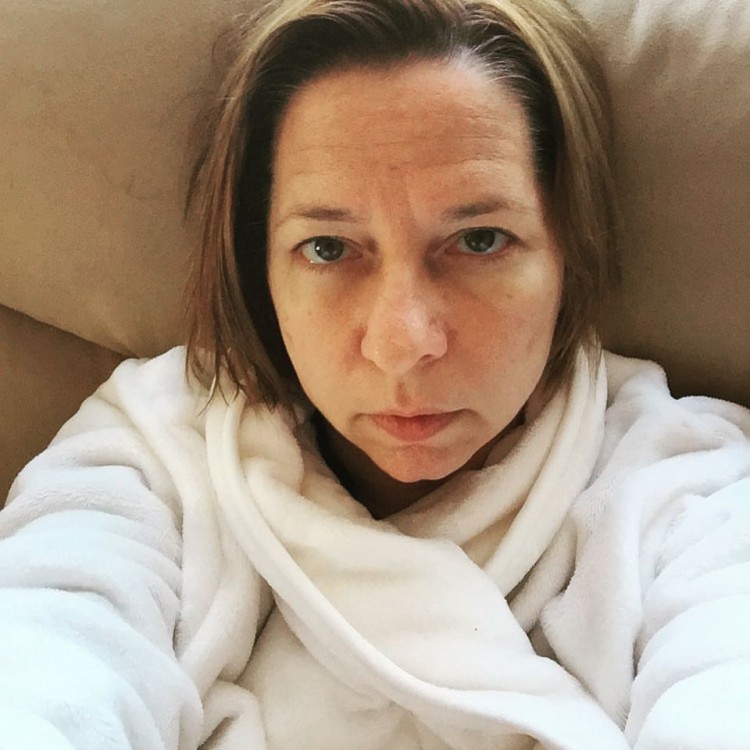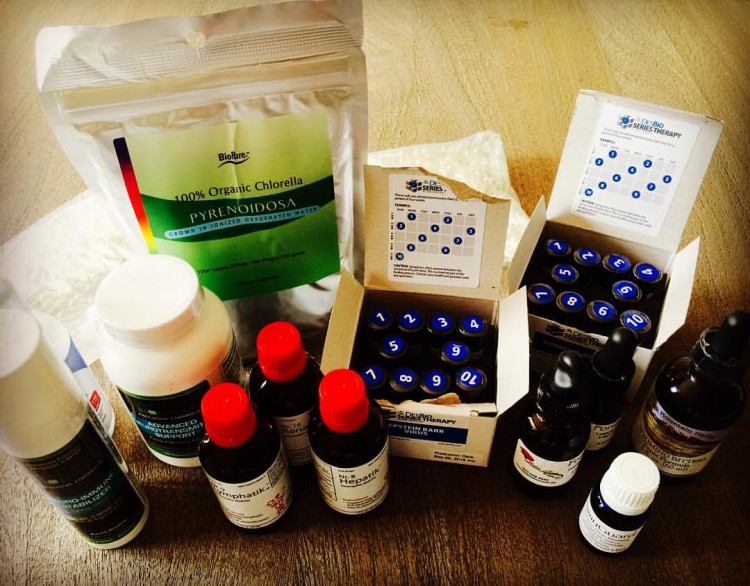A couple of months ago, a Facebook friend of mine announced that she had breast cancer. I was saddened and shocked to learn about her diagnosis, but also heartened by the positive attitude she took. She explained in her post that since her diagnosis, the outpouring of support was so great that she learned “how deeply and widely [she was] loved.”
Moments after reading her words, it hit me why I was feeling so lost and alone. We were both sick, but her illness brought an outpouring of love and support, whereas mine did not. Two weeks prior to this woman’s post, I had shared my diagnosis privately with friends and family and publicly with my Facebook friends. But unlike her, I barely heard a peep from those around me. I made my big announcement and heard crickets chirping. To me, it was akin to a collective communal yawn or shrug.
I wasn’t diagnosed with cancer or AIDS or any of the illnesses people might know more about. Instead, after two years of steadfastly pursuing a diagnosis, I finally received positive test results for both Lyme disease and babesiosis (a rare, severe, sometimes fatal tick-borne disease caused by a microscopic parasite that infects the red blood cells).
Still, not cancer. Not AIDS. I understand to the rest of the world Lyme might not seem that scary, mostly because it probably isn’t going to kill me in the near future (although I am learning it could), or because we just don’t know enough about it to be truly scared. I also understand that most people can’t wrap their heads around Lyme or the even rarer babesiosis because they don’t have any experience with it, and much of what they might hear is that Lyme is hard to get and easy to cure. No big whoop.

And yet, I think (because I’ve talked at length about my struggles) that people in my inner and outer circles should be somewhat aware that Lyme has actually been a pretty big whoop in my life. For two years, I’d written and talked about my fight to get a proper diagnosis for a mystery ailment that was decimating my life, turning me from a once healthy, productive, inspired woman into a depleted, empty shell. I talked about the excruciating and constant pain that kept me from sleep, exercise, work, writing and basic functioning. I think I made it fairly clear that I was at the mercy of an insidious illness that brought me into the darkest pits of hell and had me at times asking, “What’s the point of living this way?”
Therefore, when I didn’t receive support or even simple acknowledgment from more than a couple of people, I made the assumption that not only did people not care about my disease or my suffering, but that I was deeply and widely unloved.
What other assumption could I make? If an outpouring of support equals love, then the reverse would mean no love.
I know this may seem like an irrational assumption. But isn’t it also irrational to think that people can only show empathy and compassion for the suffering of others if it’s tied up in a neat diagnosis they can comprehend?
Which brings us to the bigger question: Why do we need comfort and support from others?
We are, after all, social animals. We crave connection. Validation. Acceptance. Love. And the truth is, when you feel support and loving energy from your community, it has a very powerful, healing effect. And it’s simply nice to know people care and are thinking about you, especially on bad days when you are running on fumes and need good thoughts to keep you in the fight.
Those of us living with Lyme (and other invisible chronic illnesses) often don’t feel supported and comforted when we need it most. Instead, much like our illnesses, we can feel ignored, misunderstood, misdiagnosed and maligned. We don’t have community support. We don’t have government support. We don’t have the medical establishment’s support. We don’t have the media’s support. Sometimes we don’t even get all that much support from our family and friends.
Lyme is a lonely battle.
So, if you get the chance, send some love and support to someone who might greatly appreciate hearing from you. And remember, people with Lyme are no different than anybody else. Everybody wants to be seen, heard, understood and loved. Deeply and widely.

The Mighty is asking the following: What’s the hardest thing you deal with as someone with a chronic illness, and how do you face this? What advice and words of support would you offer someone facing the same thing? If you’d like to participate, please send a blog post to community@themighty.com. Please include a photo for the piece, a photo of yourself and 1-2 sentence bio. Check out our Submit a Story page for more about our submission guidelines.
